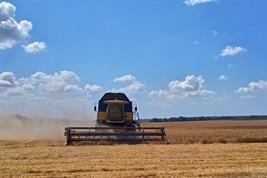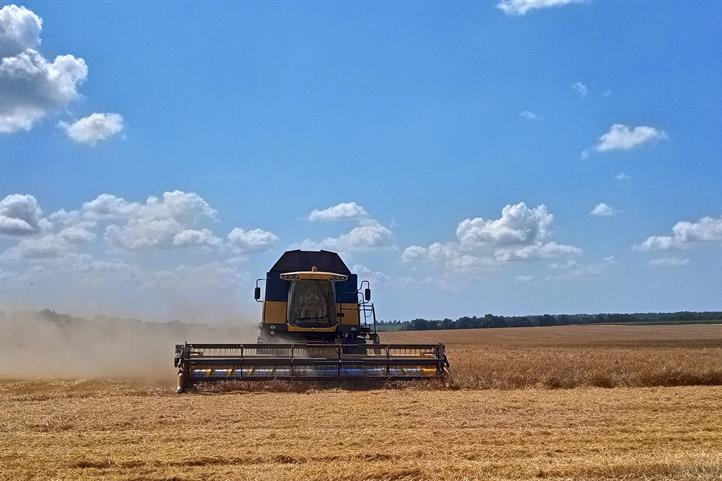07.12.2022
Press Release

Due to the war in Ukraine, wheat exports have declined worldwide. Yield fluctuations and losses due to climate change are additionally hampering the supply situation in individual regions of the world. As a result, wheat prices have risen sharply. In a recent study published in the journal Global Food Security, scientists argue that in the long term, wheat production must increase worldwide to compensate for the lack of exports. Alternatively, they say, the area on which wheat is grown must be increased. The study involved researchers from TU Munich, INRAE, Purdue University and Wageningen University, as well as the Leibniz-Centre for Agricultural Landscape Research (ZALF).
In the short term, the wheat shortage could be made up by a coordinated release of wheat stocks, the authors say. In the longer term, however, other countries would have to fill the export gap, which could amount to as much as nine percent of global wheat exports. That would require an additional half-million tons of nitrogen fertilizer, the researchers calculated, and at already high fertilizer prices. Alternatively, the area under wheat cultivation would have to be increased by a total of eight percent.
Food security and national security at risk in many countries
Yield fluctuations and crop failures due to climate change are putting additional pressure on the global market. Each year, there could be a shortfall of another five to seven million tons of wheat exports as a result. If no action is taken to stabilize wheat supplies, food security and national security are at risk in many countries around the world, the study's scientists warn.
In 2020, Ukraine produced 26 million tons of wheat. Of this, nearly three-quarters (72 percent) was exported, accounting for nine percent of global wheat exports. Due to the war in Ukraine, only part of the usual amount of wheat could be exported. In addition, only part of the cultivated land in Ukraine can be farmed this year. This means severe economic damage for Ukraine, and a threat to food security for many countries in Africa and Asia, such as Egypt, Indonesia, Pakistan or Lebanon, which depend to a large extent on wheat imports from Ukraine to feed their populations.
 Press release in PDF format
Press release in PDF format
Further information:
Bildmaterial
For downloading the pictures please click on a picture and use the icon
 .
.

To close the war-related gap of wheat cultivation and export in Ukraine, the authors of a recent study recommend increasing global wheat production. Source: © Игорь / Pixabay.
